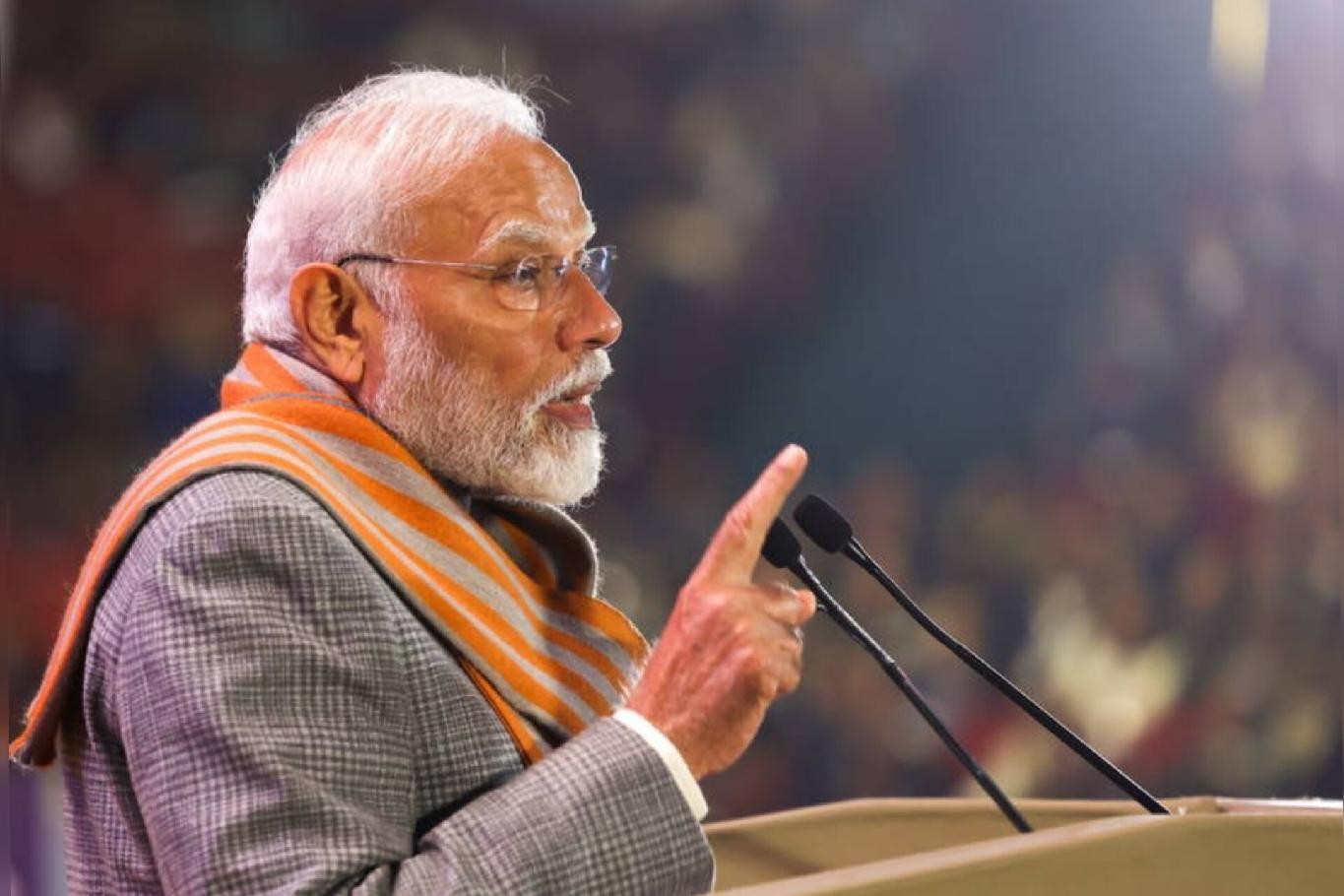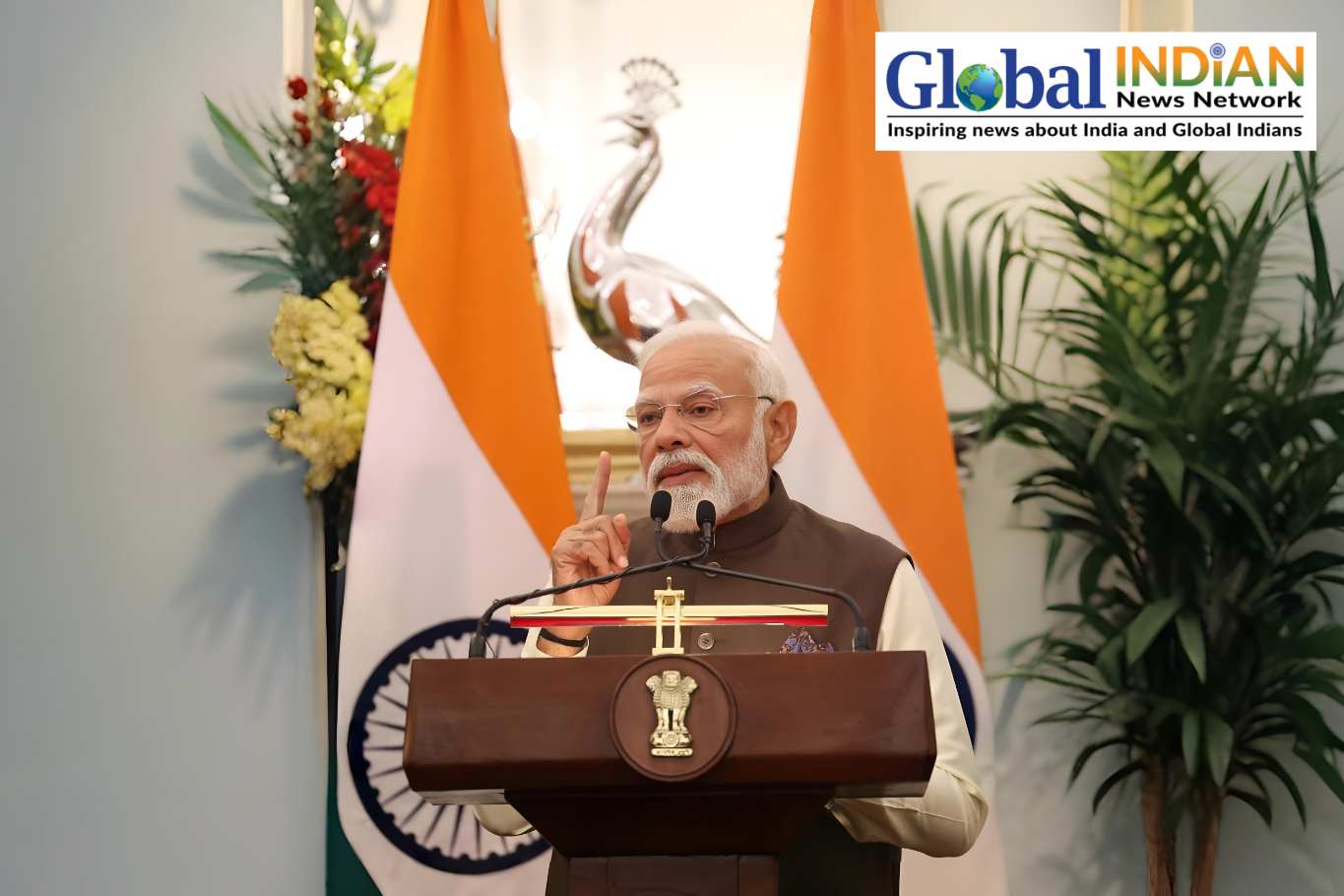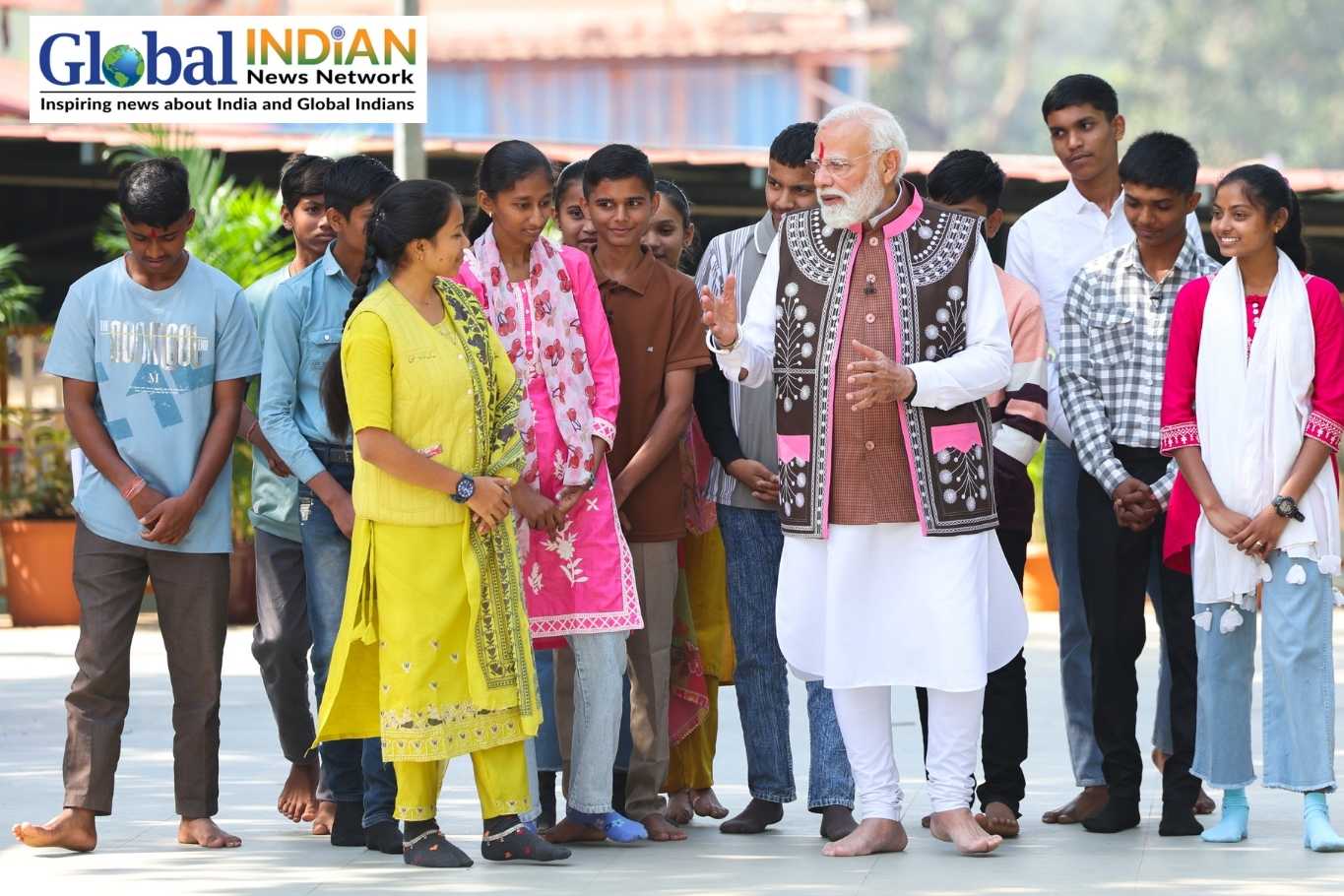
Prime Minister Narendra Modi hailed the Indian Meteorological Department (IMD) as a cornerstone of India’s scientific achievements during its 150th foundation day celebrations. He marked the occasion by unveiling a commemorative postage stamp and coin.
PM Modi described IMD as a key player in India’s scientific journey, highlighting its pivotal role in national development and public welfare. He also introduced “Mission Mausam,” a comprehensive initiative aimed at enhancing India’s weather prediction systems and creating a climate-smart nation. This program seeks to improve understanding of climate processes, provide air quality data, and strengthen disaster management strategies.
“IMD has become a symbol of India’s scientific progress,” Modi said, acknowledging the department’s advancements in technology, including Doppler radars, automatic weather stations, and observatories in Antarctica. He emphasized that meteorology significantly supports disaster preparedness and solidifies India’s reputation as a regional leader in disaster management.
India’s Flash Flood Guidance system, which aids neighboring countries like Nepal, Bhutan, and Bangladesh, was spotlighted as an example of IMD’s contributions to the region. Additionally, PM Modi praised the National Meteorological Olympiad for sparking interest in meteorology among students.
Unveiling the “Vision 2047” document, PM Modi outlined ambitious long-term goals to enhance IMD’s capabilities and called on scientists to optimize meteorological efficiency for effective disaster mitigation. Union Minister Jitendra Singh echoed these sentiments, noting a 50% improvement in weather forecasting accuracy over the past decade.
Concluding his address, PM Modi fondly linked IMD’s foundation day to Makar Sankranti, a festival he cherishes from childhood, reminiscing about kite flying in Gujarat. This personal connection underscored his vision of integrating traditional values with technological advancements for a resilient future.









